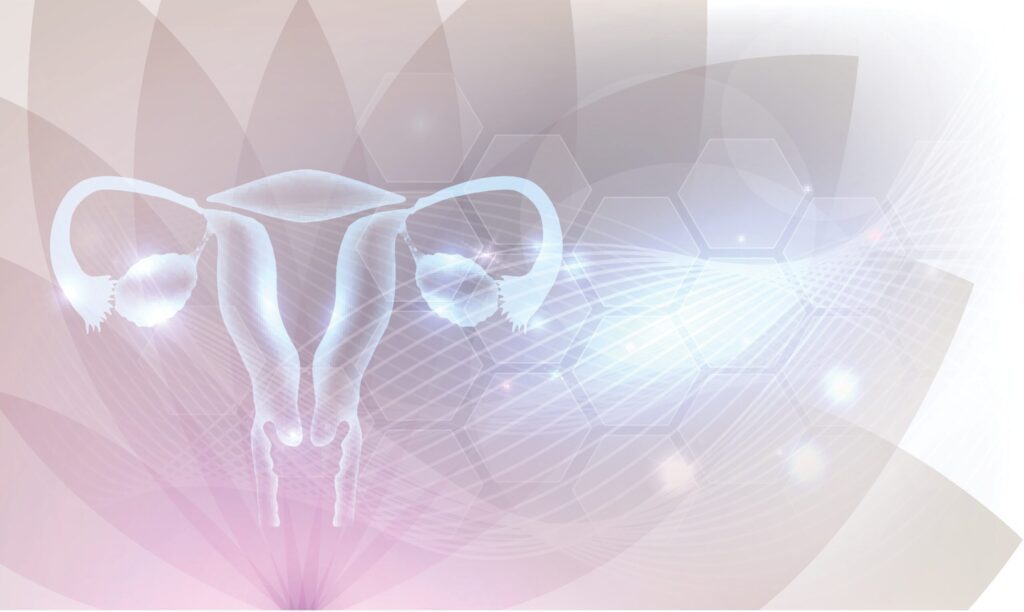Do you know what type of cancer used to be the leading cause of cancer death for women? The answer is cervical cancer. Thankfully, an increase in awareness and testing has led to a dramatic reduction in deaths from cervical cancer, but it is still a big enough threat that every woman should know how to protect herself from this highly preventable disease. Take our quiz and learn what you need to know to protect yourself, your family, and your friends!
1.) True or false? The main causes of cervical cancer are the “high-risk types” of human papillomavirus, or HPV.
2.)Which of the following are true about HPV?
- It is so common that some doctors think it’s almost as common as the cold virus.
- It can only be spread through skin-to-skin contact, or very rarely from mother to newborn.
- It cannot be spread through toilet seats, hugging or holding hands, pools or hot tubs, sharing food or utensils, or being unclean.
- All of the above
3.) Which of the following are ways to prevent getting cervical cancer?
- Get the HPV vaccination, for both females and males, before being sexually active, preferably between the ages of 9 and 12.
- Get Pap tests done as recommended.
- Getting regular screening tests with the HPV test.
- All of the above
4.) How often is it recommended that women age 21 and older get Pap tests to look for pre-cancers and cancer?
- Every year
- Every two years
- Every three years
- Every four years
5.) When is it recommended for women to start getting the HPV test, which tests your cells that are collected for HPV, either in conjunction with or instead of Pap tests?
- Age 21
- Age 30
- Age 45
- Age 65
6.) If a patient has a negative HPV test, what is the recommendation for how long until the patient needs another HPV or Pap test?
- 3 years
- 5 years
- 7 years
- 10 years
7.) True or false? There are many early symptoms of cervical cancer.
8.) Which of the following are true about the HPV vaccine?
- It provides close to 100% protection against infections and pre-cancers caused by certain types of HPV.
- In use since 2006, over 100 studies have shown that it is safe and effective.
- It is most effective when given to boys and girls between the ages of 9 and 12.
- All of the above
9.) True or False? There are over 150 types of HPV, and since they can cause cancer of the cervix, throat, and genitals of both men and women, the HPV vaccine protects against many kinds of cancer.
10.) True or false? Cervical cancer can be cured easily when found early and treated, which is why routine testing is so important.
Resources: Information provided by The American Cancer Society and The Centers for Disease Control (CDC)
ANSWERS:
- True. Most cervical cancers are caused by a high-risk type of HPV.
- D. All of the above. Since HPV is mainly spread through skin-to-skin, it is most often spread through sexual contact.
- D. All of the above. Getting the vaccination, and getting regular screenings, whether with a Pap test or HPV test, can prevent cervical cancer or catch pre-cancerous cells before they turn into cancer.
- C. Every three years. While the original recommendation was every year, it is now recommended that Pap tests negative for pre-cancerous cells can occur every three years.
- B. Age 30. Doctors recommend women to start getting an HPV test starting at age 30, in conjunction with or instead of a Pap test.
- B. 5 years. It is recommended that women with an HPV test that is negative for the virus can wait five years until needing another test.
- False. There are rarely symptoms that accompany the early stages of cervical cancer. It is not until cervical cancer develops that a woman might notice abnormal vaginal bleeding or discharge.
- D. All of the above. The HPV vaccine is almost 100 percent effective against the types of HPV that cause cancer, it is safe and effective, and it is most effective when given to girls and boys age 9 to 12.
- True. HPV can cause many kinds of cancer, so it’s important for both girls and boys to get the vaccination.
- True. Cervical cancer is easily treated in its early stages.
